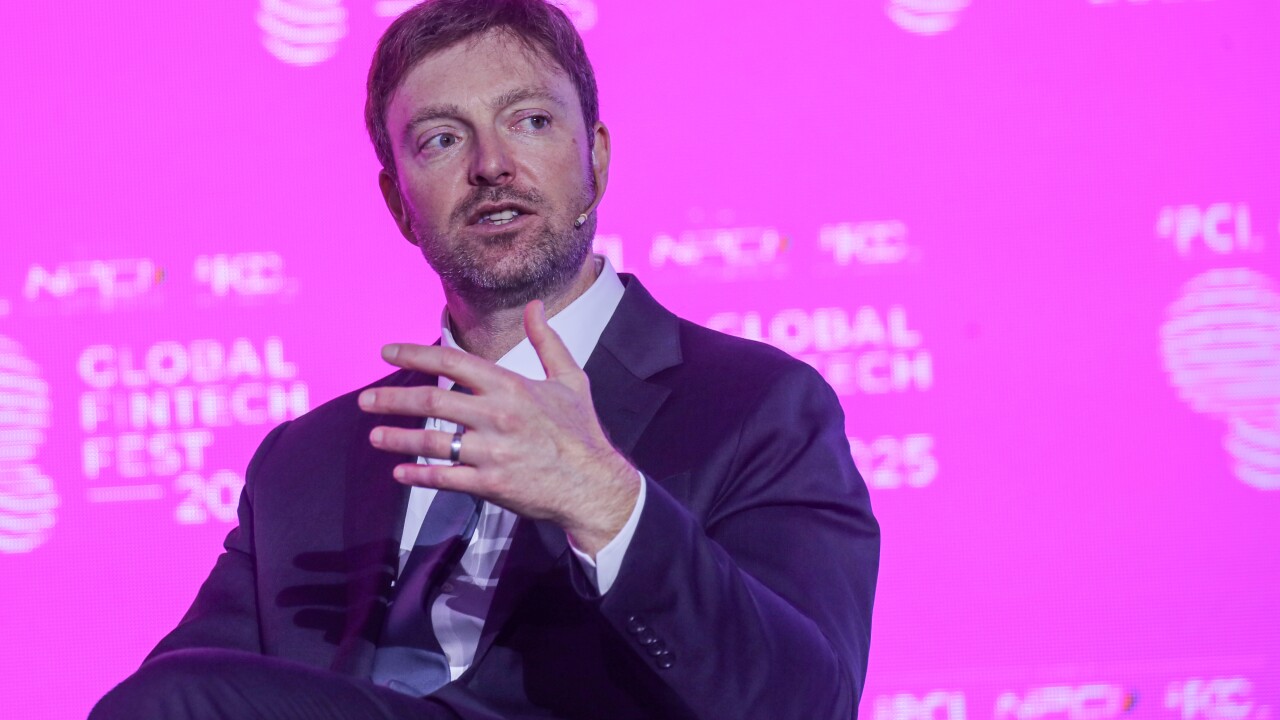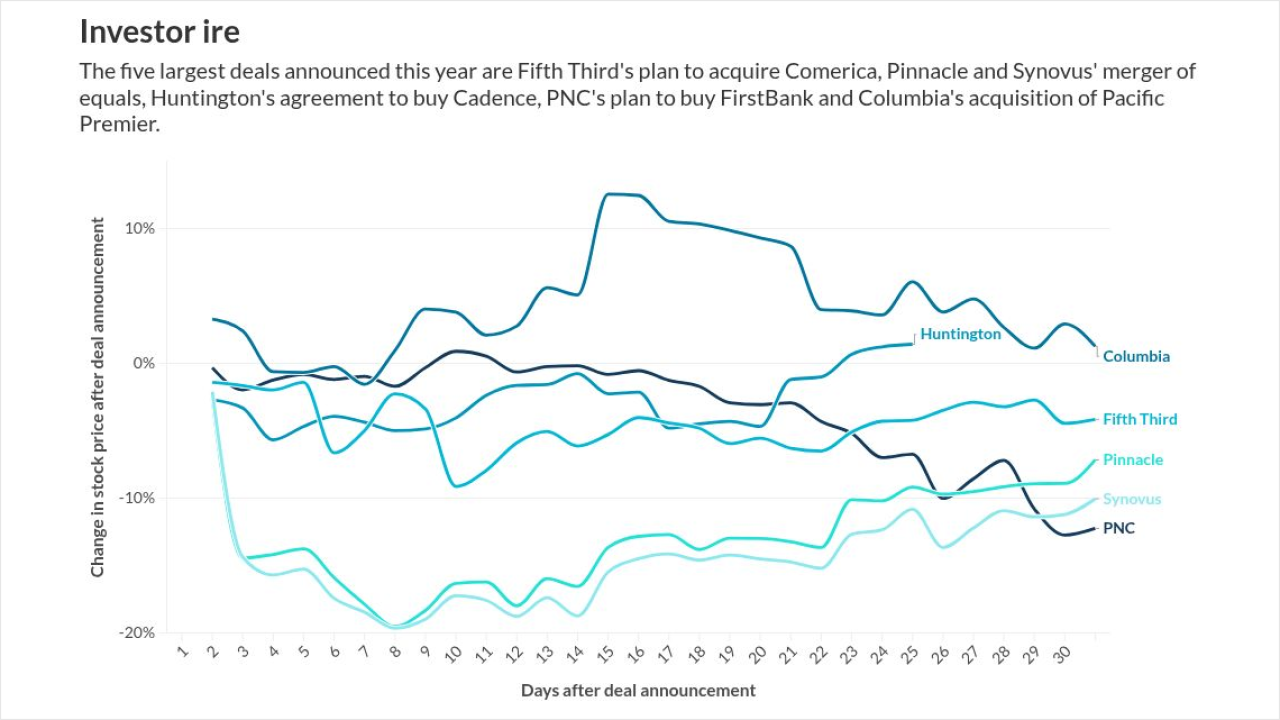-
Which technology companies will break new ground in financial services in the coming year? Purveyors of analytics, responsive design, and services for the underbanked were among those from which our editorial team expects big things in 2013.
December 1 -
With Project Catalyst, the consumer protection agency says it wants to better understand financial products that could make people's lives better.
November 14 -
The New York startup is giving roughly 2.5 million Lemon Wallet users access to its transaction monitoring technology.
November 5
With employees on two continents and software that ties together merchants and consumers, BillGuard is trying to solve one big problem — shady credit card charges.
The bogus amounts that sometimes show up when, for instance, you sign up for a free credit report and then get sucked into an annoying, monthly fee.
BillGuard is building a transaction monitoring "brain" that is gathering reports of bunk fees from both an app where users report troublesome merchants, and bank data, along with other online info culled from forums and blogs. The main service the company is selling to banks is a resolution process that connects customers with issues to the merchants whose charges are being disputed.
To date, the Silicon Alley startup has found roughly $50 million worth of grey (or fishy) charges, says the company's chief executive Yaron Samid.
"It's not about optimizing a specific part of the commerce ecosystem," he says. "The grander vision is protecting consumers. We feel like cops when we come to work every day."
BillGuard is already working with others to enable its brand of consumer tools.
In November, the startup integrated its brand of protection with
The company's 22 employees are split between its offices in Tel Aviv (where its technical co-founder, Raphael Ouzan, works with a team of other developers in a 10,000 square-foot office) and New York City, the home of the company's sales force and marketing team.
The Manhattan team really only consists of Samid and a chief marketing officer.
These programmers "are all out of the Israeli military. They all come from elite programing units doing big data, machine learning" work, says Samid, adding the average age of the tech team is 29. "These are hardcore tech guys."
The company so far has gone through two rounds of funding — an early $3 million seed investment stage and a larger $10 million Series B.
"What struck us as unique is it's based on very up-to-date data, and data that is often contributed by individuals or consumers, what we call crowdsourcing," says Adam Fisher, a partner at Bessemer Venture Partners, who sits on BillGuard's board. "They are trying to create an alignment between credit card issuers, credit card companies, consumers and merchants. They looked at this and said: 'This is an antiquated ecosystem. There is a huge burden on consumers.'"
Fisher says he's invested in some of Samid's early endeavors, as well. A serial entrepreneur, Samid founded peer-to-peer media distribution company Pando Networks.
He began BillGuard in 2009 after he noticed a ridiculous $9.99 recurring charge on his wife's credit card bill. After some Googling he figured out it was a concert ticket vendor scam that cost him 60 bucks.
"I had the lazy man's idea. I wanted to be notified any time a transaction [type] on my credit card was repeatedly disputed by other.," says Samid. "A system of collaborative data analytics."
He says the idea is based around the same technology you may be using to filter email.
"I was looking for a system of collaborative data analytics, but I found it in a parallel industry — anti-spam" software, says Samid. "We modeled BillGuard after this anti-spam methodology and we built the consumer service first. That's how we started."
Samid instantly began searching for the expertise to build the system. He found that in Ouzan. A French-born 22-year-old, his first day at BillGuard was his last in the Israeli Army after a five years stint.
Ouzan, now 25, refuses to chat about his time in the service — even looking over to his partner, Samid, and intonating that he cannot even speak about the military unit he was working with.
"The 8200," Samid says.
The unit is an elite cyber intelligence outfit within the Israeli Army known for recruiting teenage diaspora. Alumni are as highly esteemed as graduates of Harvard and Stanford,
With that in mind, BillGuard is perhaps based on the same premise of probabilistic modeling (gathering unstructured data and drawing algorithmic conclusions) that the Israeli Army might use to make decisions on how best to protect its borders.
Ouzan laments that unlike many industries, mobile and online banking is not being operated on a single, digital platform — meaning that at financial services companies regulation has caused a bureaucracy that is near impenetrable.
"It's the opposite of a platform," he says. "On a platform you can just plug in apps.'
Integrating BillGuard into a bank's online and mobile banking is as easy as adding a snippet of javascript, Samid adds.
Yet to date, BillGuard has not announced any bank customers. And Samid says he can't even discuss how many it's talking to.
He's careful — just like any vendor who has been told not to talk about it.
Still, BillGuard is adding employees in dribs and drabs — currently hiring two sales folks in rented office space in Manhattan's Columbus Circle.
"We're definitely in sales and implementation mode," Samid says, adding, of course, that big deals are coming soon.





